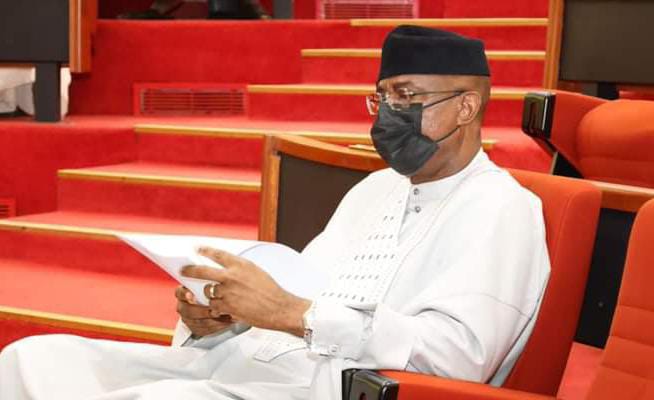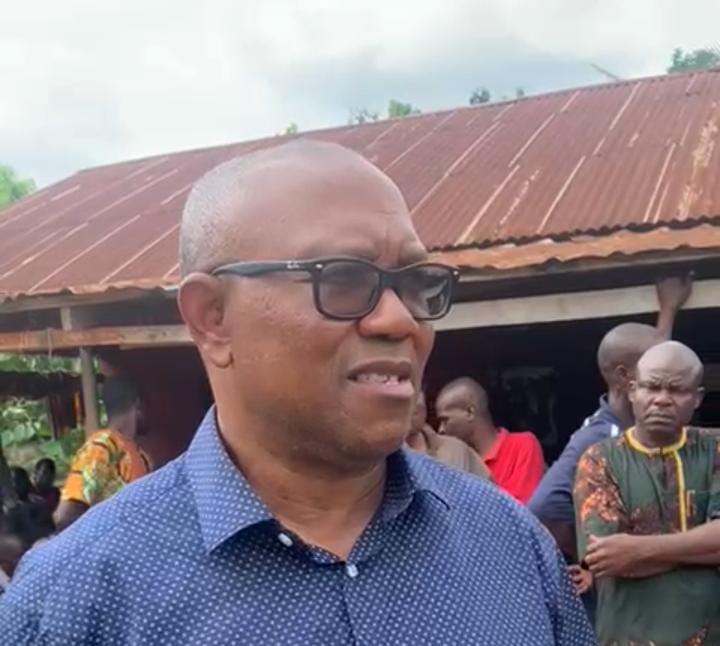The Major Oil Marketers Association of Nigeria (MOMAN) says most petroleum product trucks on Nigerian roads are prone to accidents and called for investments in new ones.
Clement Isong, executive secretary, MOMAN, said this on Tuesday at an oil and gas summit in Lagos.
Isong spoke on opportunity areas and challenges of investments in the petroleum products marketing and bunkering sector at the summit.
He said most of the “40,000 petroleum product trucks” on Nigerian roads were about 40 years old and could pose a threat to other road users.
Advertisement
“Many of the trucks that are on our roads are about 40 years old. Those trucks should not be on the road because they are prone to accidents,” he said.
However, he said, with the passage and implementation of the Petroleum Industry Act (PIA), marketers were optimistic that investors would be encouraged to put money into new trucks.
“Those are investments that haven’t been made in Nigeria for very many years because the business was not generating enough money. But by the time the PIA is implemented, then we will have better quality trucks – trucks that will not continue to cause accidents like those we currently see on the road,” he said.
Advertisement
Isong added that petroleum product storage tanks were also deteriorating, noting that most of the tanks were about 50 to 60 years old.
He said although most of the tanks at the private depots are also old, those at the NNPC depots are older.
“The 30, 000 filling stations in the country are also very old. Most of them are about 50-60 years old. Those stations need to be pulled down and rebuilt. Filling stations are supposed to be rebuilt every 10 to 15 years. The underground tanks also need to be changed because they are rusty and cause products to seep into the water being consumed,” he said.
The executive secretary added that the deployment of new technologies was needed to improve the safety of lives and properties in the sector.
Advertisement
He called on the government to put in place self-regulation that would pull investments into the downstream sector, and in turn improve safety performance in the sector.
“When I say safety, I mean the entire health, safety, environment, and quality of the depots across the country. And I’m not just talking about the private depots alone,” he said.
“So, there is so much investment that needs to be made to upgrade the filling stations in the country. But sometimes, the sector probably will need the regulator to accompany us to make sure that we do the things that we must do.”
Advertisement
Add a comment





